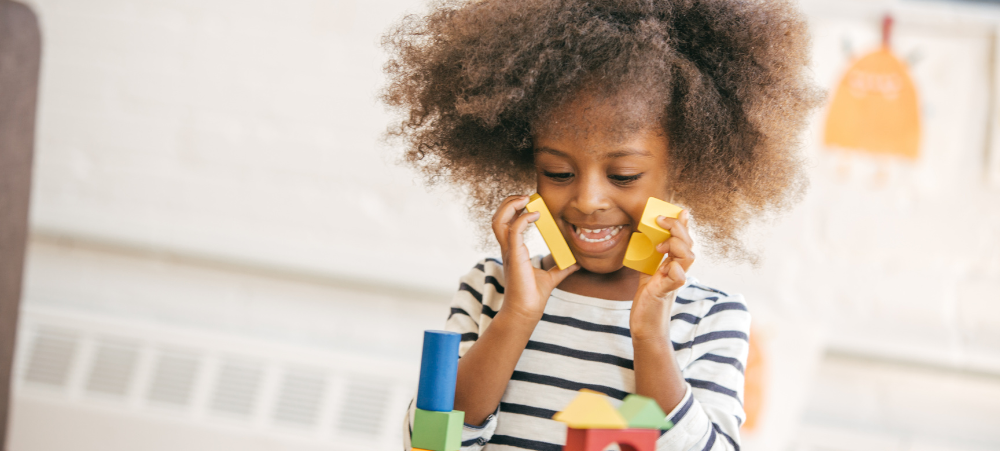For many parents and caregivers, the instinct to help a child with every challenge is a deeply loving one. Yet research and experience show that allowing children to do more for themselves – at their own pace and in their own way – can be one of the most powerful ways to support their development.
“At Dibber, we believe that confident, capable children aren’t created by removing all obstacles. They grow when they are allowed to try, to stumble, and to try again—with the steady presence of an encouraging adult nearby,” says Ursula Assis, Country Director of Dibber International Preschools.
From learning to tie shoelaces to helping set the table for a family braai, the moments where a child is encouraged to persist and take ownership are the ones that build resilience, problem-solving ability, and lasting self-belief.
Doing Less Doesn’t Mean Doing Nothing
Parents are not being asked to step aside but rather to step back—just enough to let children engage in manageable challenges, known in educational psychology as the “Zone of Proximal Development.” This is the space where children learn most effectively: the task is challenging enough to require effort, yet still within their reach. When adults overstep this zone by intervening too quickly, they risk sending the message: “You can’t do this without me.”
Small Shifts That Make a Big Difference
Here are four practical ways families can support their children’s independence while still offering loving guidance:
🔹 Encourage Constructive Struggle
Whether it’s a tricky puzzle or putting on shoes, children benefit from the opportunity to try before being helped. Instead of stepping in immediately, offer encouragement and ask, “What could you try next?” These moments teach perseverance and self-trust.
🔹 Assign Age-Appropriate Responsibilities
Involving toddlers in daily routines—such as watering plants or packing their own snacks—helps build confidence and a sense of ownership. “Even small acts, like wiping the table or choosing what to wear, offer valuable life lessons,” says Assis.
🔹 Let Natural Consequences Teach
Forgetting a toy at home or skipping lunch prep can become teachable moments. As children connect their choices to outcomes, they develop accountability and problem-solving skills—without needing a parent to lecture or rescue them.
🔹 Motivate Rather Than Do
Create space for imagination and independence by resisting the urge to do things ‘better’ or ‘faster’ for them. Children who explore solutions on their own develop initiative, creativity, and pride in their abilities.
Raising Capable, Confident Children Starts Early
By adopting a “less is more” approach to parenting, caregivers foster vital attributes in young children—many of which are foundational for success in both school and life. These include:
- Resilience: learning to recover from setbacks and keep trying
- Self-confidence: knowing they can rely on their own abilities
- Independence: becoming self-reliant in manageable ways
- Problem-solving: approaching challenges with creativity and logic
- A growth mindset: believing that effort leads to improvement
“Struggle isn’t a sign of failure- it’s part of the learning process,” says Assis. “When we step back just enough, we give children the space to realise how capable they truly are.”
In a world where parents are under pressure to do more and be more, the invitation to do less may feel counterintuitive. However, as families continue to nurture the next generation of leaders, thinkers, and doers, this approach may offer exactly what children need most: the freedom to grow into their own potential.
- What Parents Should Look for in a Preschool: The Power of Play-Based Learning - December 23, 2025
- Are We Over-Scheduling Our Children? - December 16, 2025
- Five Ways to Encourage Independence and Confidence in Children with Special Needs - December 9, 2025






1 thought on “The Power of Doing Less: How Stepping Back Builds Child Confidence and Independence”
This is actually something I’m going to incorporate, I struggle with seeing my son not manage but I’m just gonna look away and let him figure it out.